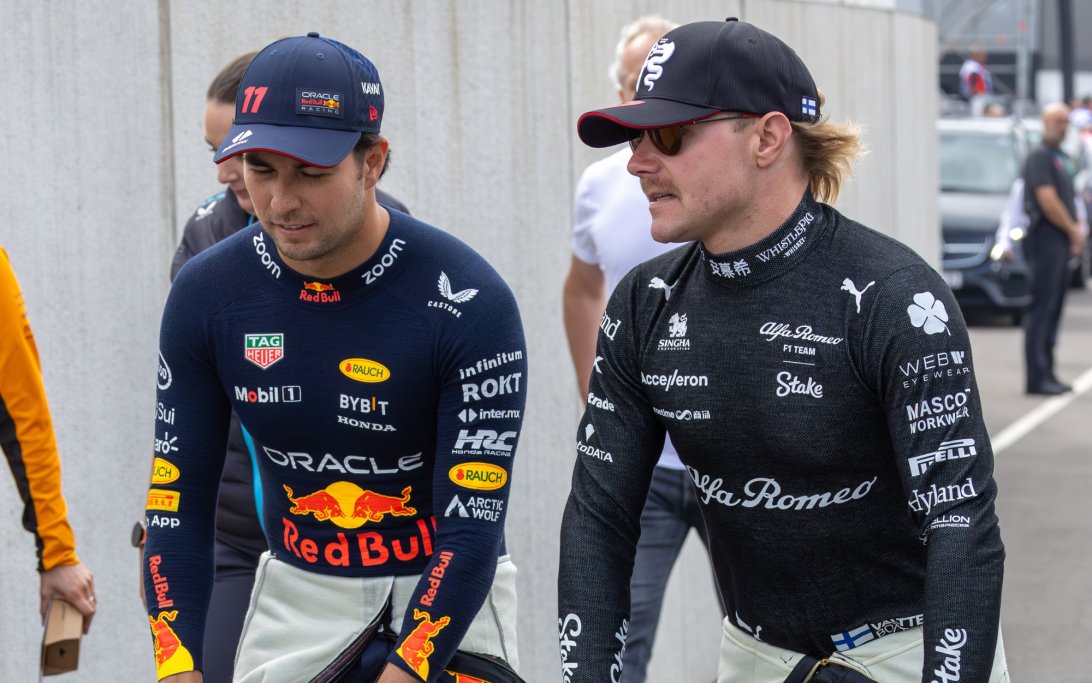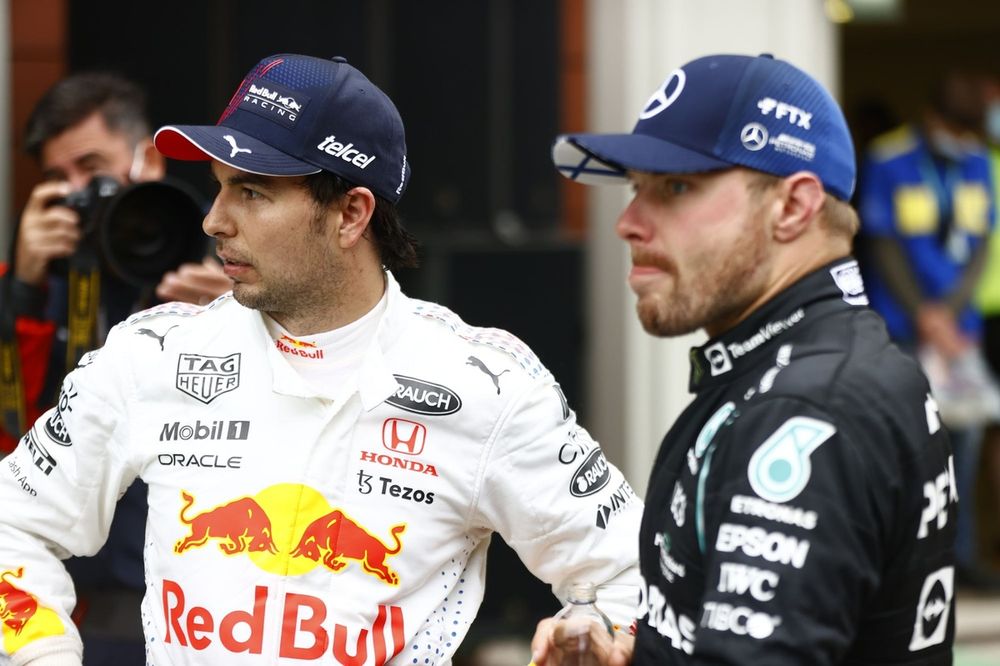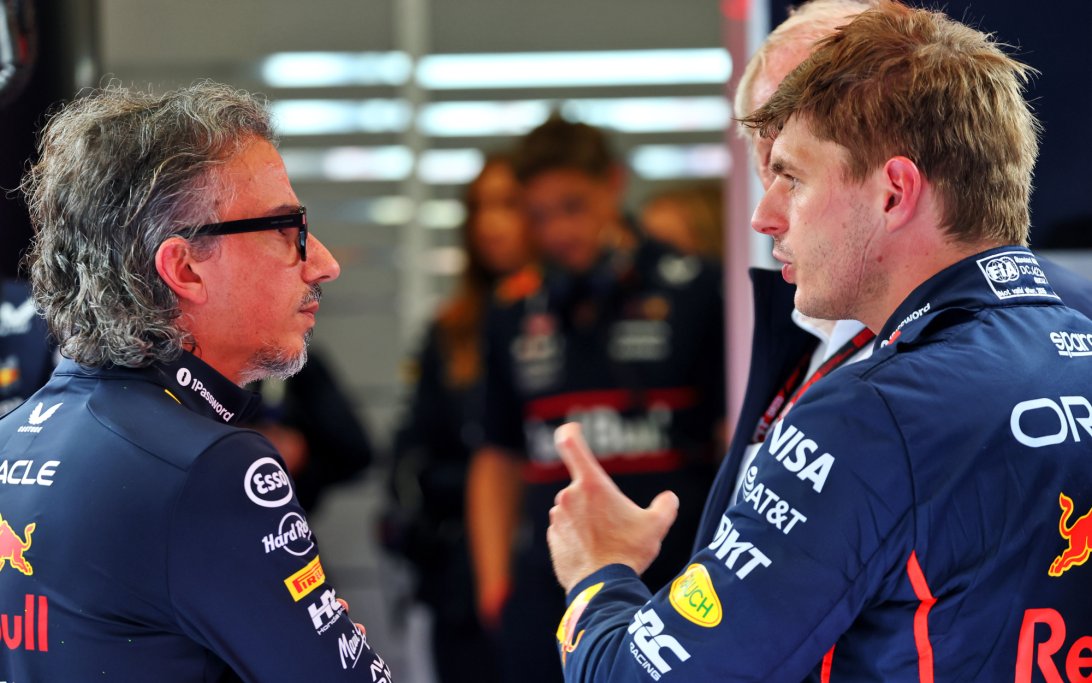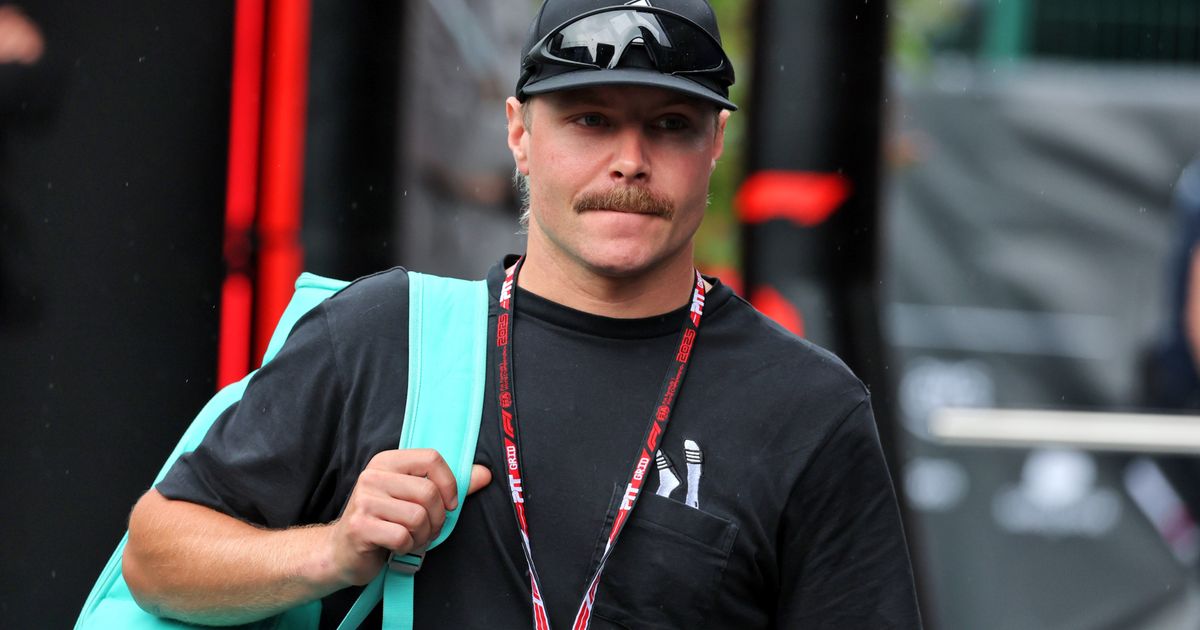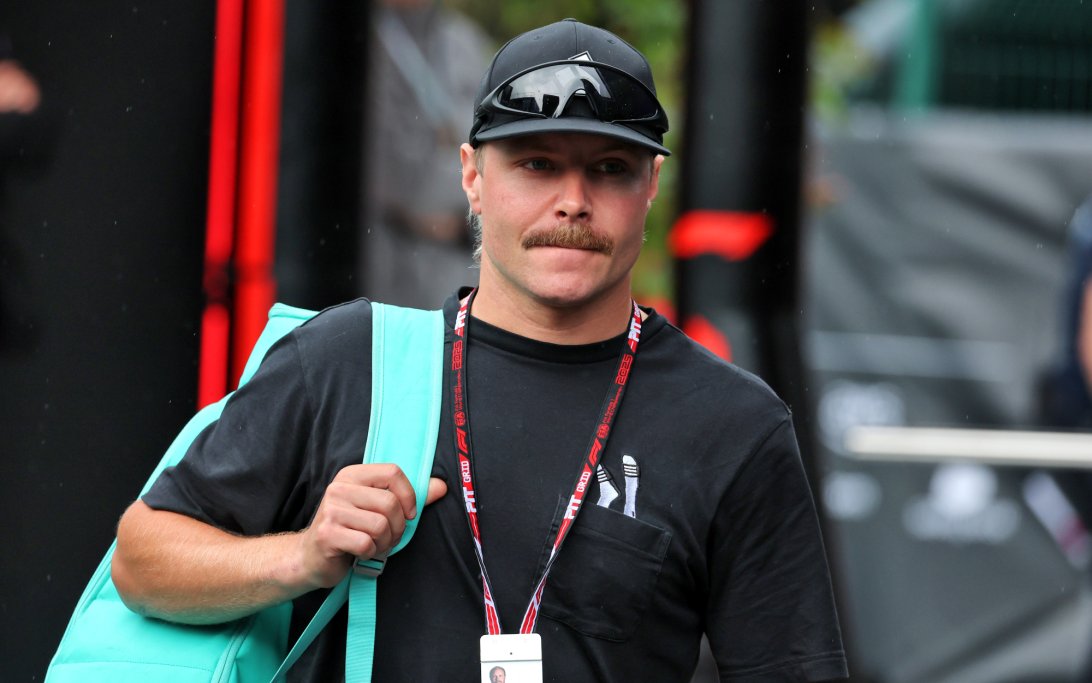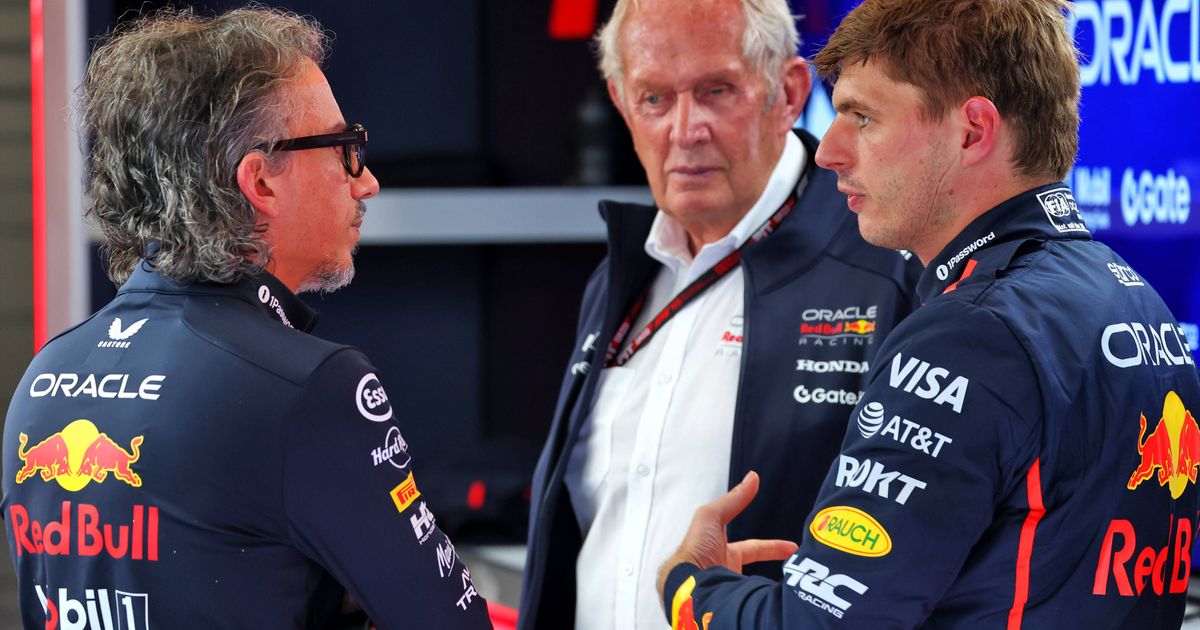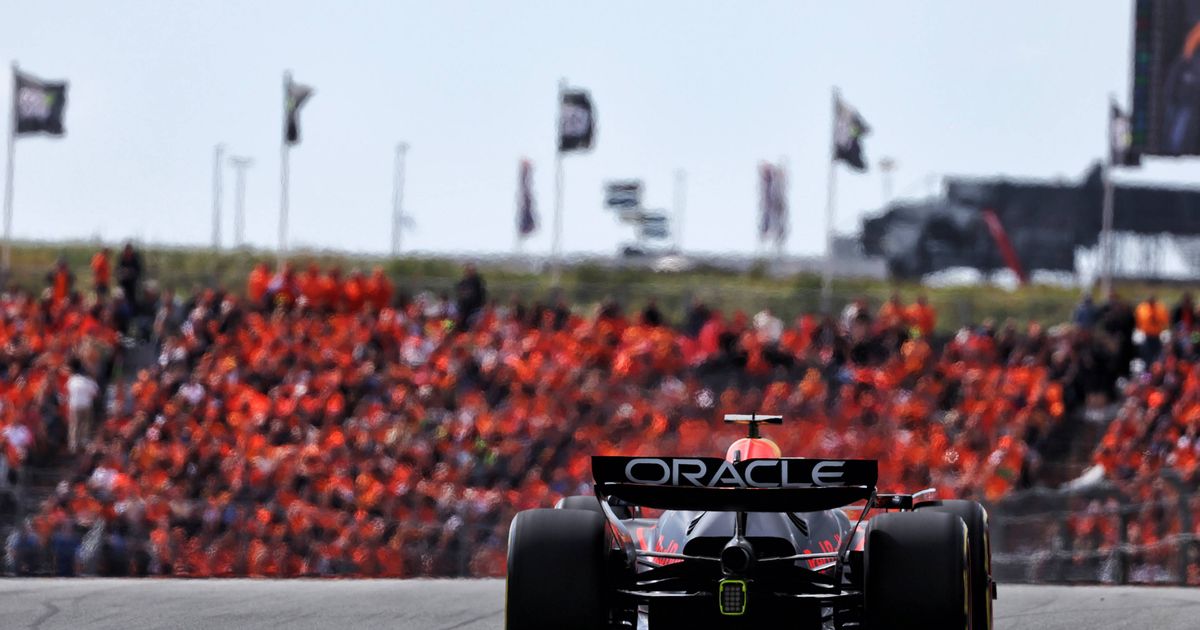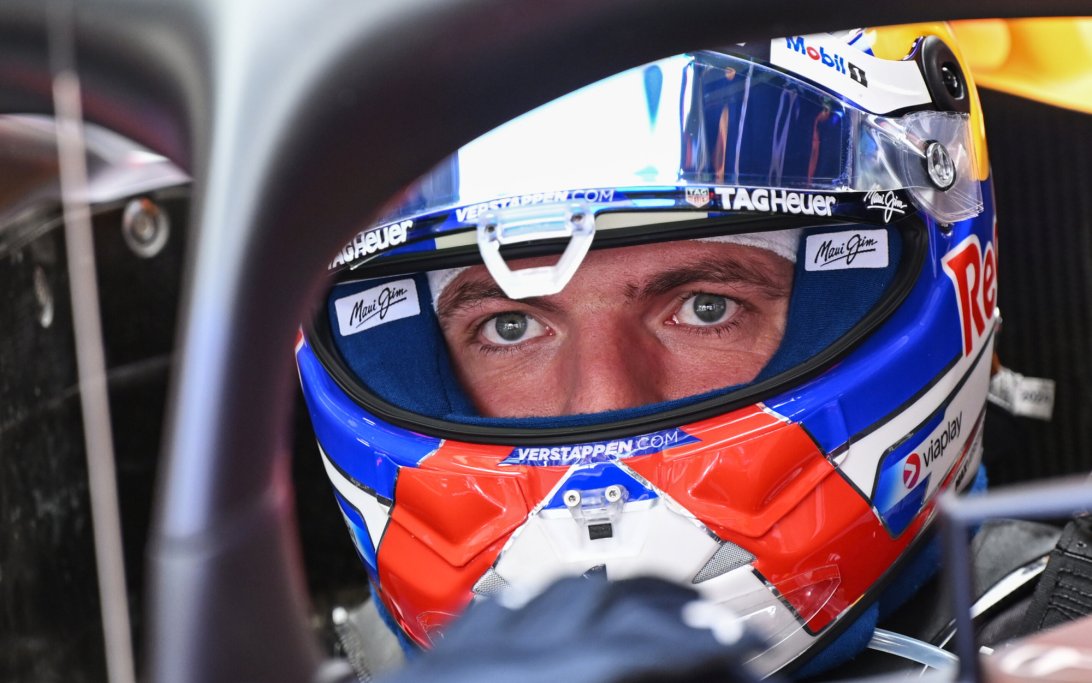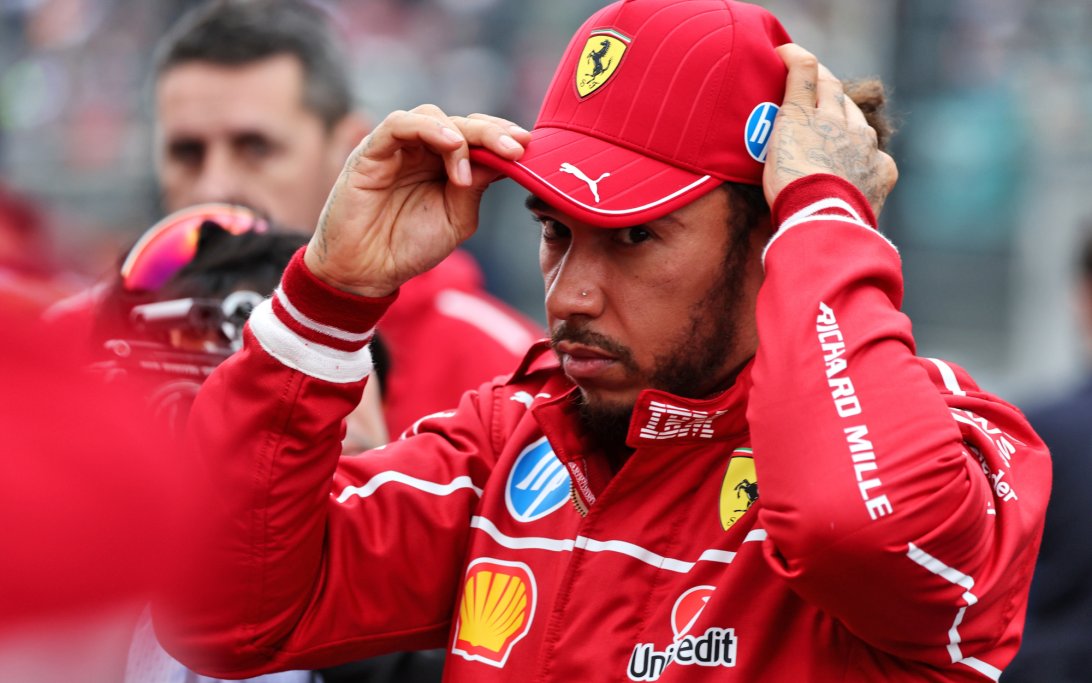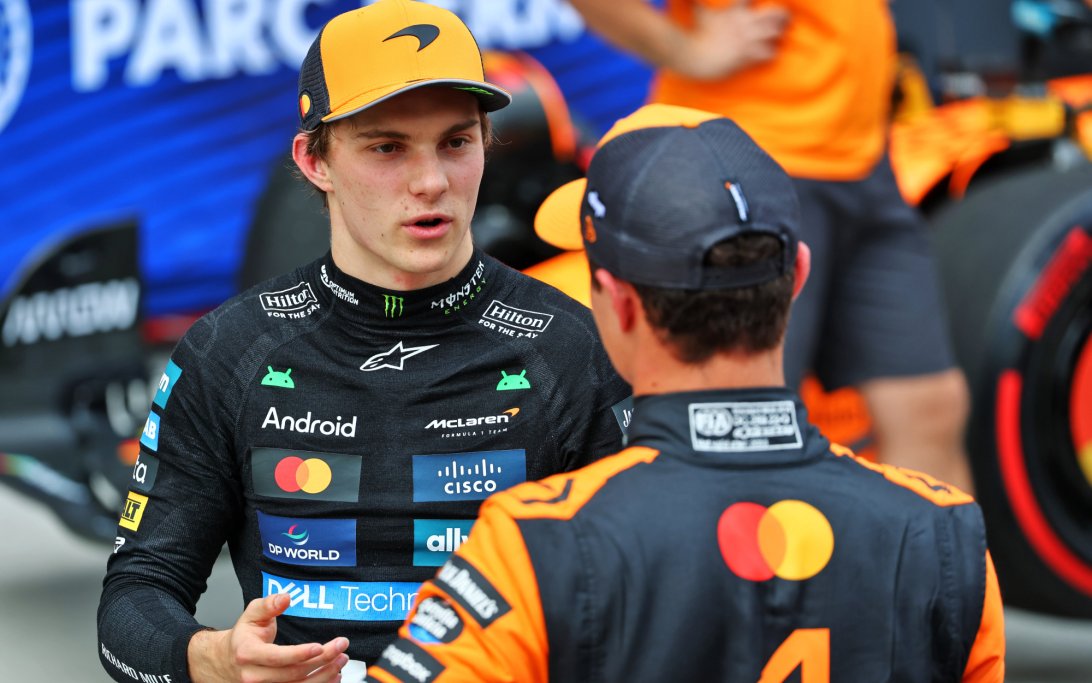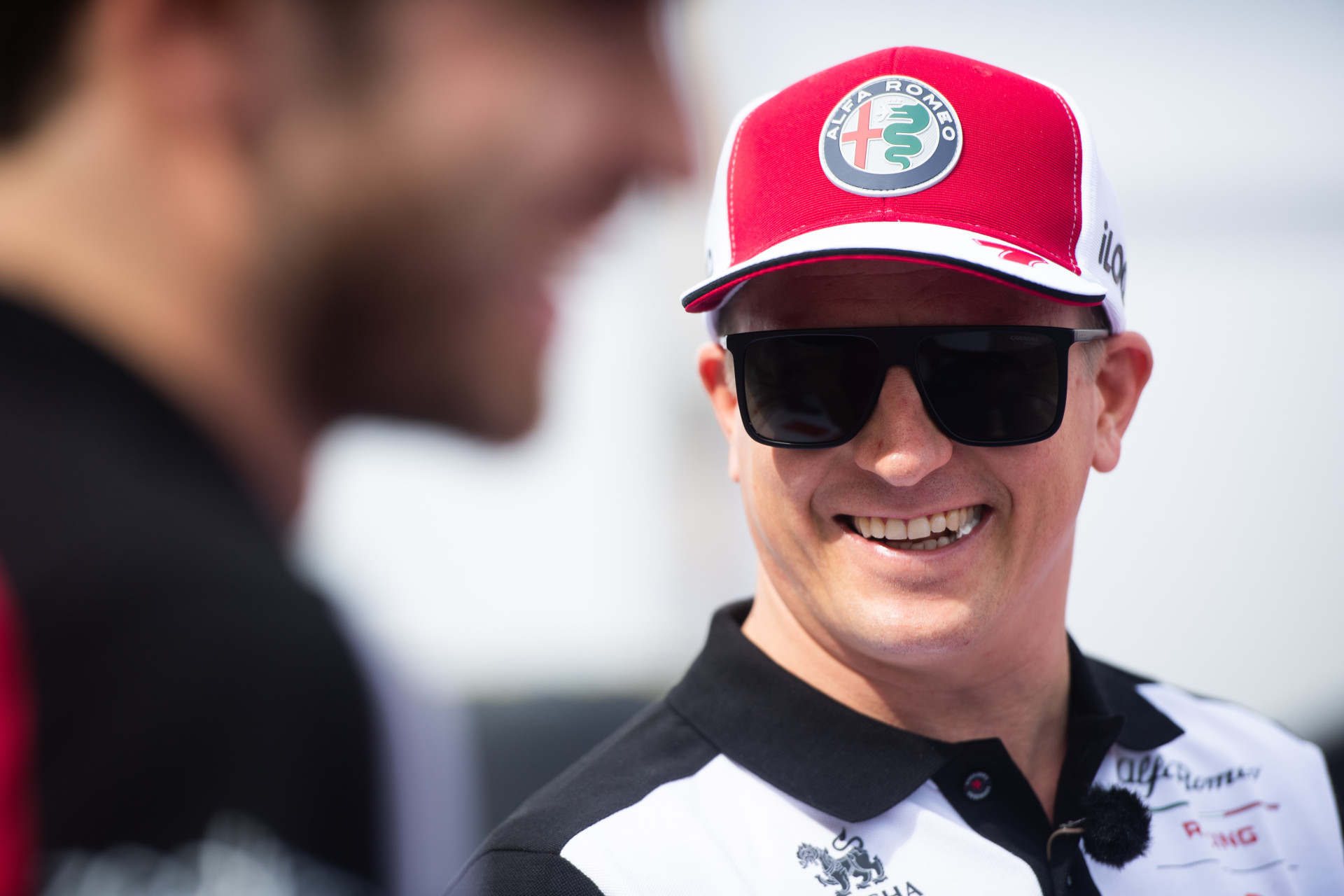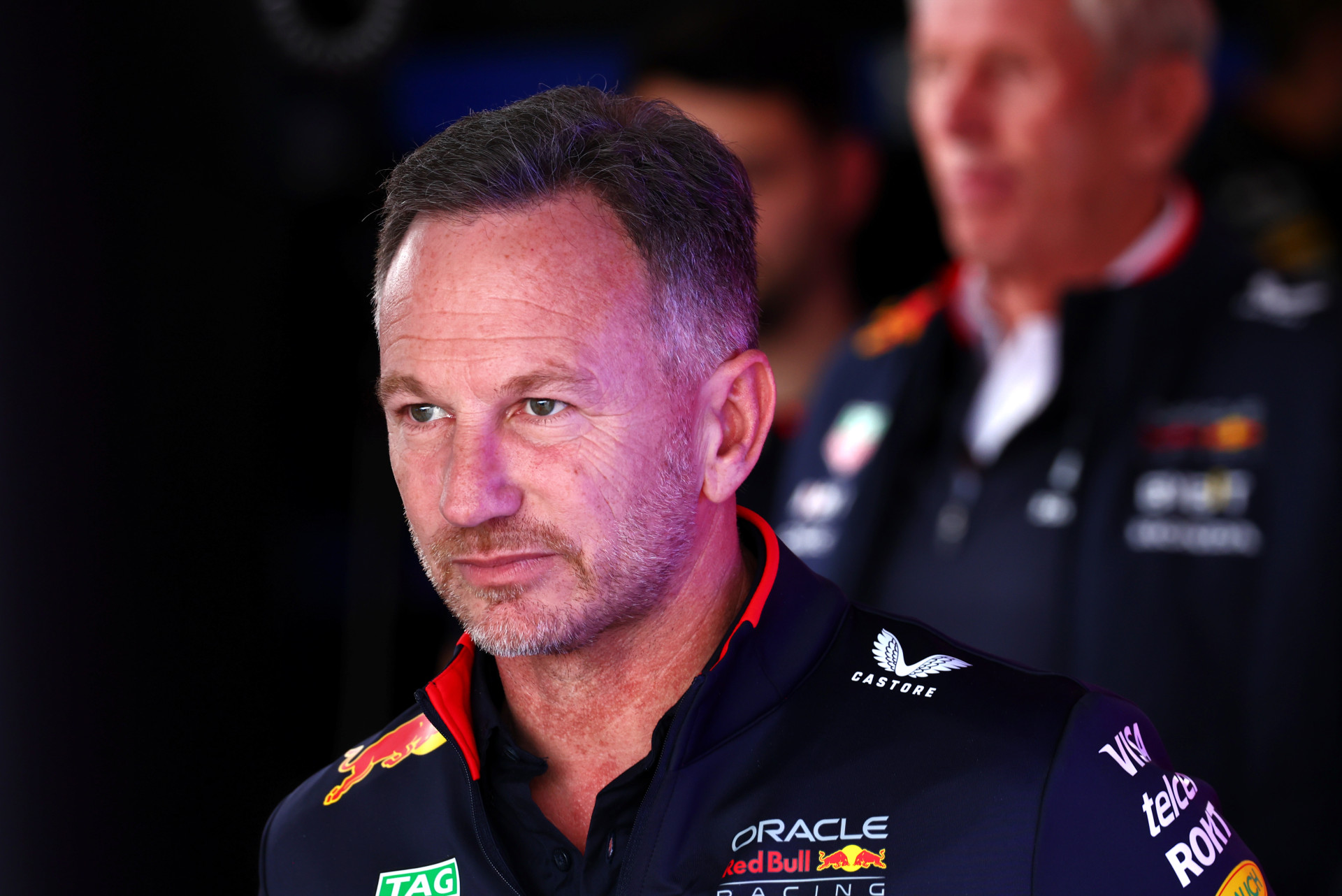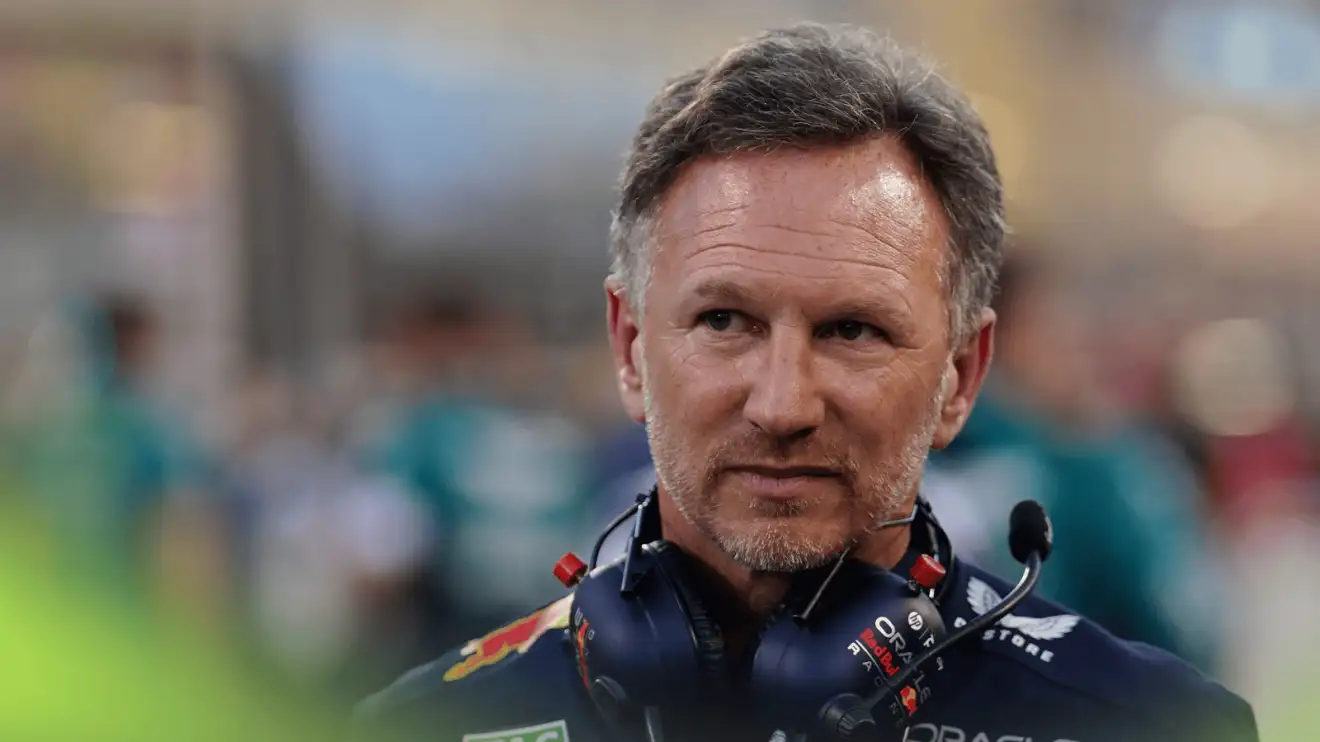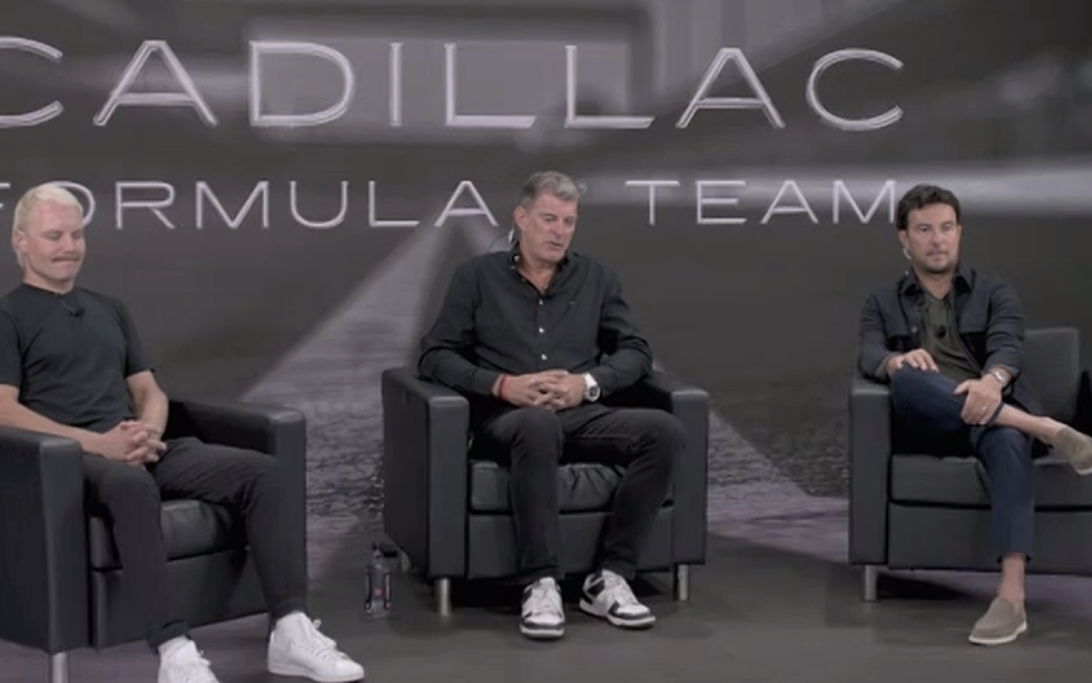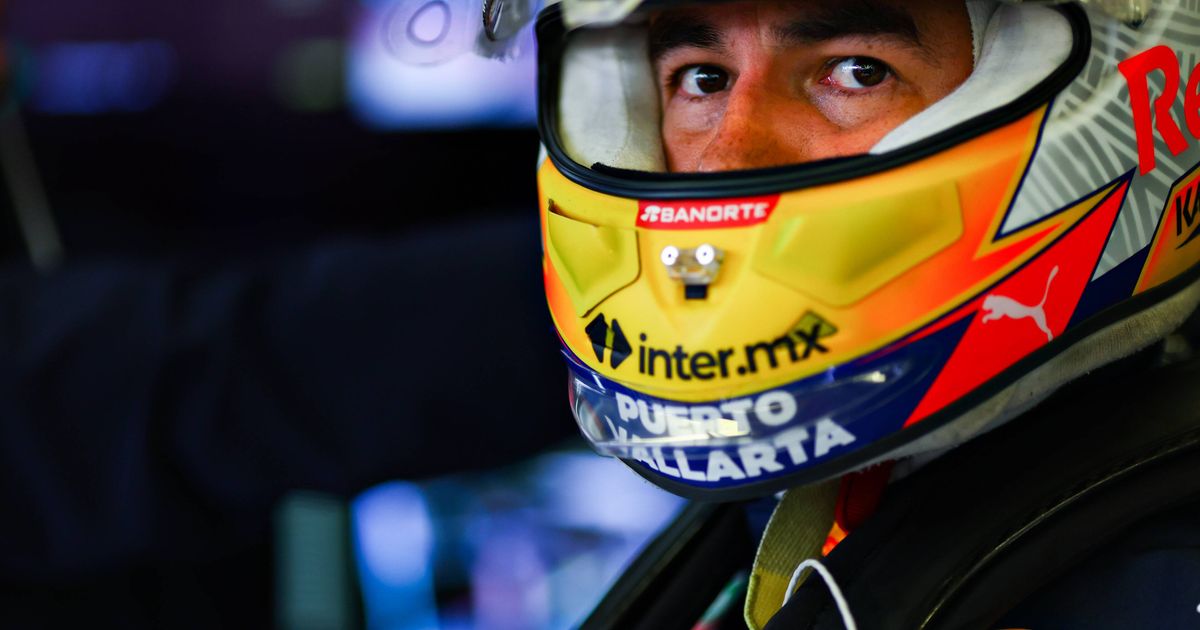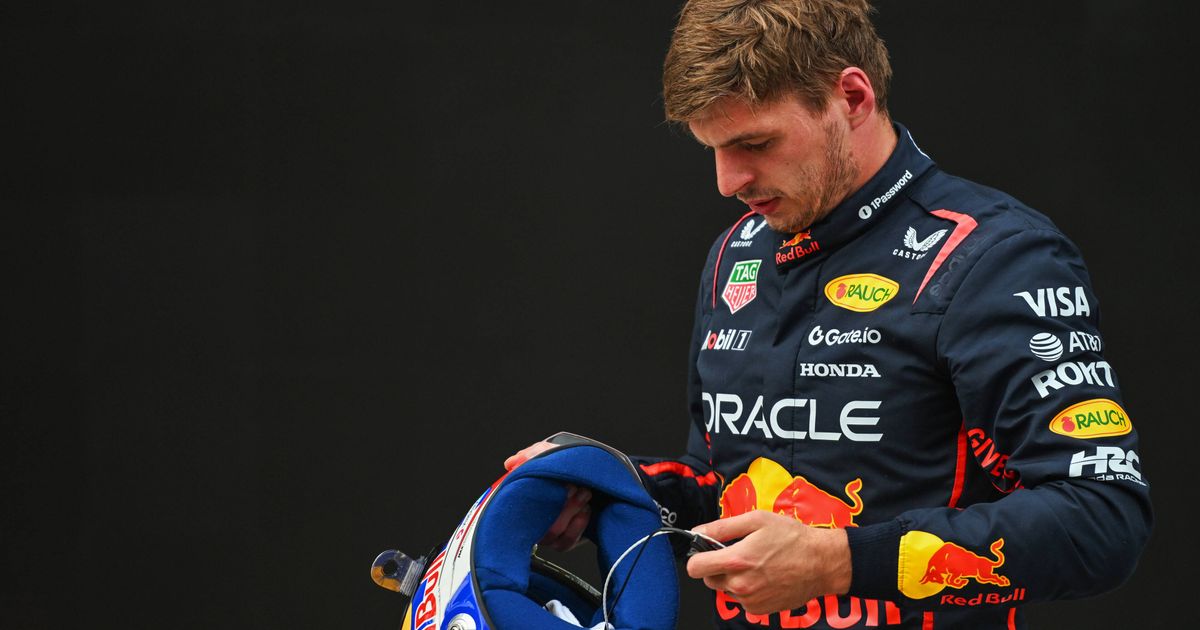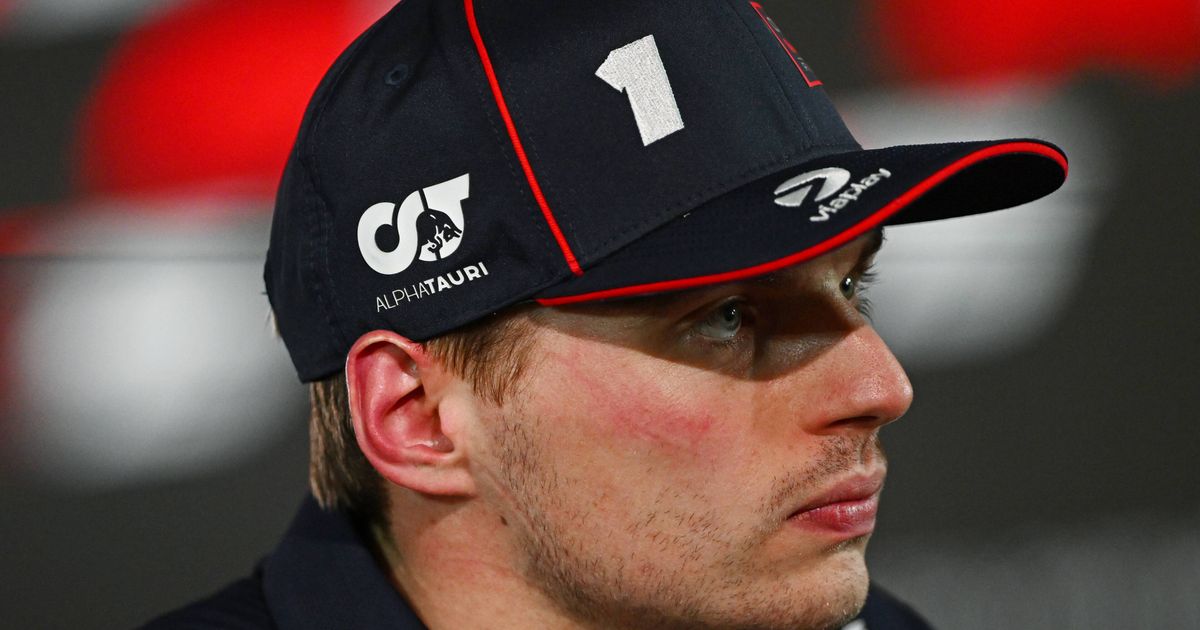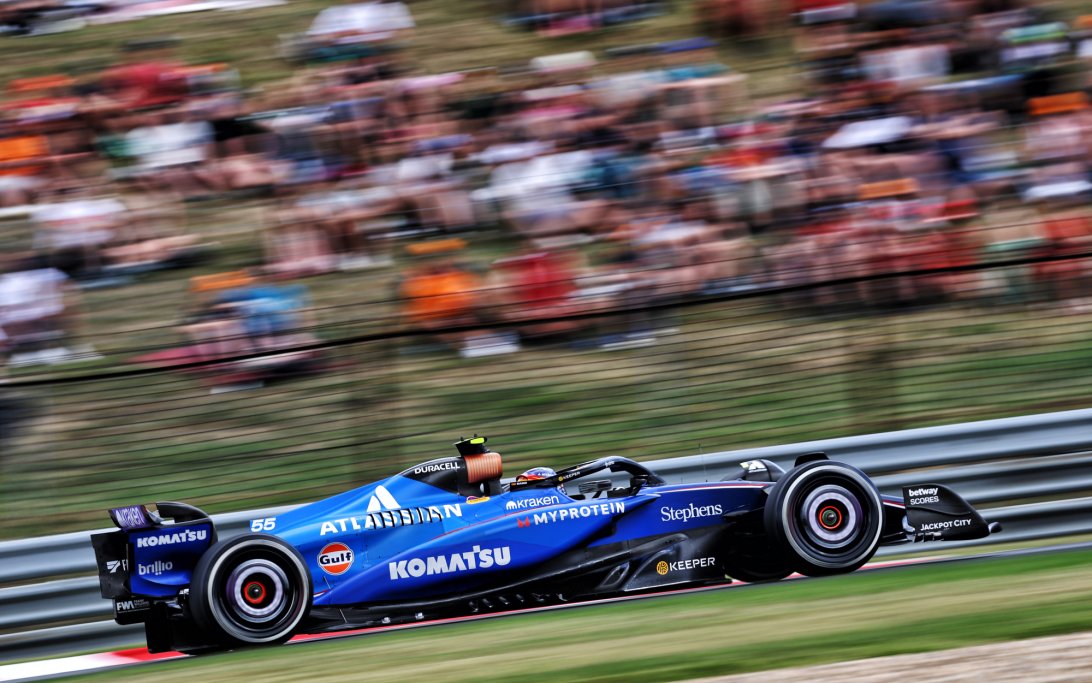Williams team principal James Vowles has dismissed concerns about significant performance gaps among power units under the new 2026 F1 regulations. He emphasized that the chassis will play an equally, if not more, crucial role in determining team performance.
Why it matters:
The 2026 season will introduce a completely new set of technical regulations, impacting both aerodynamics and power units. The engines are undergoing their first major overhaul since the turbo-hybrid era began in 2014, which saw Mercedes gain a distinct and long-lasting advantage, dominating championships from 2014 to 2021 due to their superior power unit.
The big picture:
Vowles, however, believes that a repeat of the 2014 scenario, where one manufacturer held a significant power unit lead, is unlikely. He stated, "I don't think we're going to have the gaps we had in 2014 on power units, to be completely clear. I don't think it's going to be anywhere near that amount."
He further noted that while power units have historically been dominant, this trend has shifted in recent years. "I think power units, up until probably the last three years, have probably dominated most championships."
What's next:
Vowles highlighted that the new chassis regulations will be just as vital in creating a competitive advantage. He indicated that differences of up to half a second per lap are still possible through chassis design. "What you're saying is, could the chassis be up to half a second difference? Yes is the answer," Vowles added. "That's what we're seeing at the moment. There are still lots of goodness that you can consume in that area. Where it falls out, I don't know yet. We're just trying to do our best to get up there."


